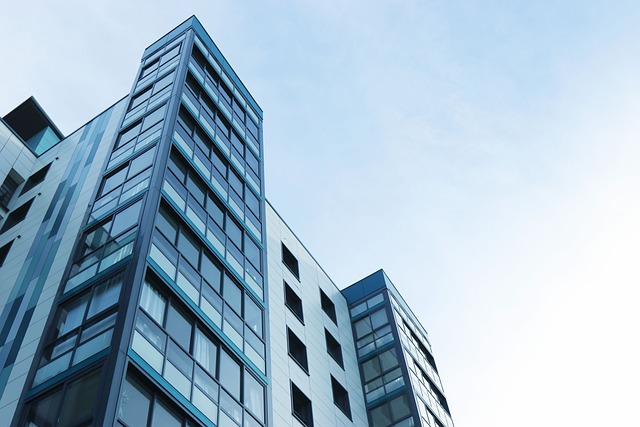home organization and decluttering significantly enhance productivity by creating a clutter-free environment that promotes focus, mental clarity, and efficient task management. Research confirms that an organized home reduces stress and anxiety, contributing to better cognitive function and decision-making abilities. Decluttering not only improves the aesthetics and functionality of your space but also supports mental well-being by providing a calm and personalized living area. The benefits extend beyond psychological comfort; they include practical advantages like streamlined daily activities, minimizing the frustration of lost items, and reducing stress as evidenced by lower cortisol levels. Incorporating home organization and decluttering into your routine can lead to long-term disciplined habits that maintain productivity and a tidy home environment, making it an integral practice for anyone seeking to cultivate a mentally healthy and productive lifestyle.
Decluttering is not merely a tidying up exercise; it’s a transformative practice that can significantly boost productivity and enhance mental well-being. Recent studies have solidified the link between cluttered spaces and diminished efficiency, highlighting the importance of home organization. This article delves into the scientific underpinnings connecting clutter to cognitive overload, explores the psychological effects of a clean environment, and offers practical decluttering strategies to streamline your living space. From the KonMari Method to sustainable habits that ensure longevity in organization, learn how to effectively declutter your home for optimal productivity and a more peaceful mindset. Discover the transformative impact of a well-organized abode through compelling before and after case studies, and explore the benefits of integrating Feng Shui principles into your decluttering journey. Whether you’re seeking to revamp your kitchen counters, children’s playrooms, or home offices, this comprehensive guide provides actionable insights for tackling clutter and embracing a minimalist lifestyle that can lead to profound life changes.
Understanding the Clutter-Productivity Link

A growing body of research suggests that maintaining a clutter-free environment, particularly within one’s home, can significantly enhance productivity. The correlation between decluttered spaces and heightened efficiency is rooted in the psychological effects of disorder versus order. Visual clutter in a home can lead to a distracted mind, making it challenging to focus on tasks at hand. Conversely, home organization allows for a clearer mental space, enabling individuals to process information more efficiently and perform tasks with greater concentration.
The concept of decluttering as a means to improve productivity extends beyond mere visual order; it encompasses the organization of physical items that can occupy both physical and psychological space. By systematically sorting through possessions, homeowners can reduce anxiety and stress associated with disarray, which in turn fosters a more conducive environment for productive work. This decluttered state not only aids in maintaining a tidy living area but also sets a disciplined routine that encourages individuals to uphold organizational habits, thereby sustaining productivity levels over time.
The Psychological Impact of a Clean Space

A well-organized home environment can significantly influence one’s psychological state, contributing to a sense of calm and clarity that fosters better mental health. The act of decluttering, which is a core aspect of home organization, involves more than just tidying up; it’s about creating an intentional space that reflects your lifestyle and values. By removing unnecessary items, individuals can reduce stress and anxiety associated with clutter, leading to improved focus and productivity. Studies have shown that a clean and orderly space can help in reducing the levels of the stress hormone cortisol, thereby promoting relaxation. Furthermore, when the home environment is organized, it becomes easier for individuals to find what they need without spending excessive time searching for misplaced items, which in turn can reduce feelings of frustration and disarray. The psychological benefits extend beyond stress reduction; a decluttered space can also enhance one’s ability to process information and make decisions more efficiently, which is crucial for maintaining high levels of productivity throughout the day. Thus, home organization and decluttering are not just about maintaining a tidy household but are pivotal practices for nurturing a mentally healthy and productive living environment.
In conclusion, the evidence is clear that maintaining an organized and clutter-free environment significantly enhances productivity. By understanding the psychological underpinnings of how our surroundings affect our minds, as explored in “Understanding the Clutter-Productivity Link,” individuals can leverage home organization and decluttering strategies to their advantage. The psychological impact of a clean space, detailed in “The Psychological Impact of a Clean Space,” reinforces the importance of this practice. Implementing these strategies not only streamlines daily tasks but also fosters a clearer mind and greater focus. Homeowners and occupants alike stand to benefit from embracing decluttering as a habitual practice, thereby transforming their living spaces into more productive and serene environments.
